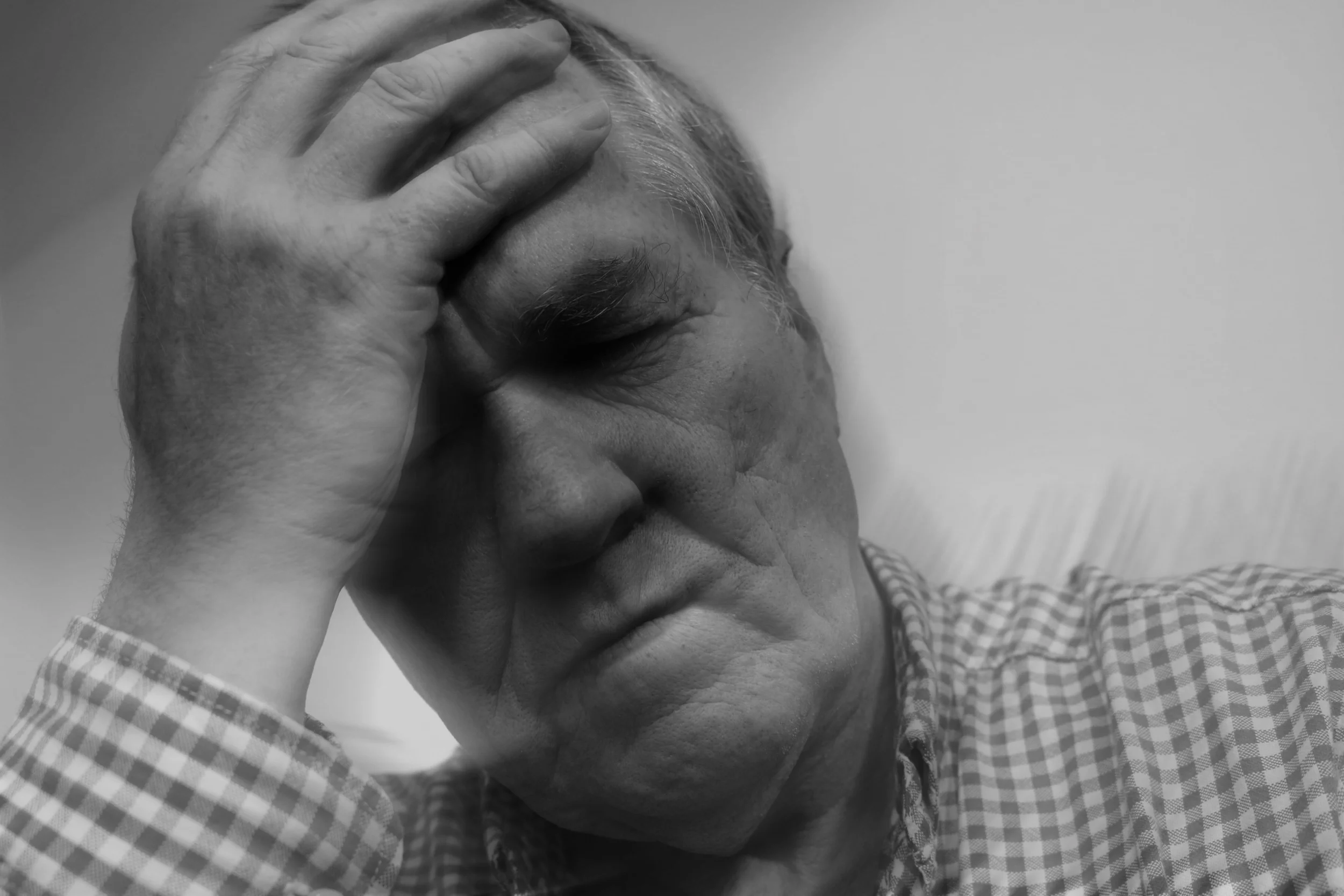Sit Out, Get Out (S.O.G.O)
“NOBODY should be bedbound unless they are medically unwell or dying.”
Patients with dementia are most vulnerable group to become bedbound during inpatient admission. By sitting them up and out, we can orientate patients and stimulate their appetite and communication.
Benefits
Patients who get out of bed usually experience:
Increased alertness, cognitively and socially.
Increased circulation and better respiratory status.
Increased dignity, self-awareness and self-esteem.
Better joint alignment, positioning and musculoskeletal benefits.
Increased verbal interaction and better assessment of visual, auditory, cognitive, and personality indicators.
Decreased pain complaints and reduced risk of depression.
Positive staff perception.
Patients at risk (of not getting out)
Cognitive impairment: Dementia/Delirium (often from a care home).
Bedbound since admission to hospital.
Poor oral intake/Drowsiness.
Suggestions
Sitting the patient up in the bed (tilt up the head of bed).
Trial of sitting out (use hoist if patient cannot transfer) for dinner time.
Review how long patient can tolerate – trial of short period may be appropriate initially.
Other actions
Stimulate with music (e.g. Radio) and conversation.
Encourage oral intake and ensure drinks are within their reach.
Concerns for poor sitting balance?
The Kirton chairs are for people who have limited sitting balance or where sitting in a standard chair is felt to put them at risk of sliding/toppling out due to their position.
The new ED and EFU at Leicester Royal Infirmary is planned to have more Kirton chairs available for patients.
- Perception that it does not apply to the ED – there may be more relevance to our Decisions Units but we do have a responsibility for patients at risk.
- ED trolleys have been traditionally positioned too high for most frail older people. Our new ED will have more numbers of lower-height trolleys.
- It can be a challenge for nursing staff to understand and support the concept of SOGO with their constrained time and work schedule, but persistence and support would be the key to be successful.
- Patients with Hypoactive delirium often feel they were likely dying if they stayed in bed all day without stimulus and sitting out and getting out.
















